Neighbor screen - make up my mind!
sheeplechase
17 years ago
Related Stories
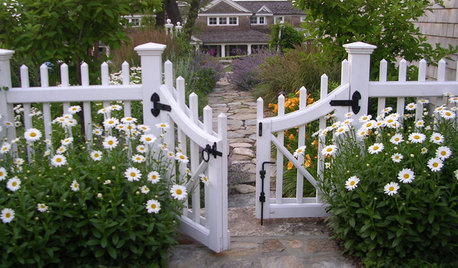
CURB APPEAL7 Ways to Create a Neighborly Front Yard
Foster community spirit by setting up your front porch, paths and yard for social interaction
Full Story
REMODELING GUIDES8 Tips to Help You Live in Harmony With Your Neighbors
Privacy and space can be hard to find in urban areas, but these ideas can make a difference
Full Story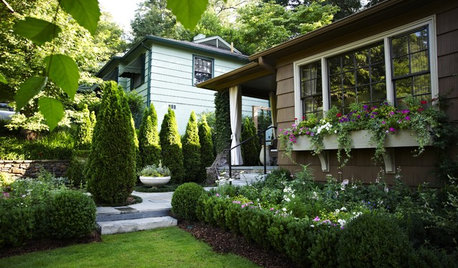
GARDENING GUIDES9 Low-Growing Hedges That Make Good Neighbors
Define garden areas or borders without blocking the view, with these evergreen shrubs that take kindly to trimming
Full Story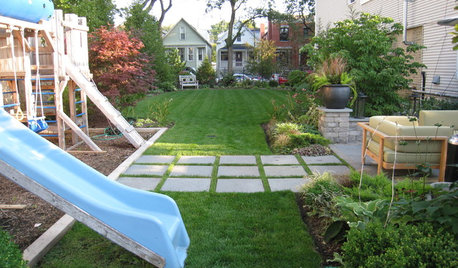
LIFE6 Tips for Teaching Your Kids to Be Good Neighbors
Everyone wins when your children learn to respect boundaries, get help when they need it and show others they care
Full Story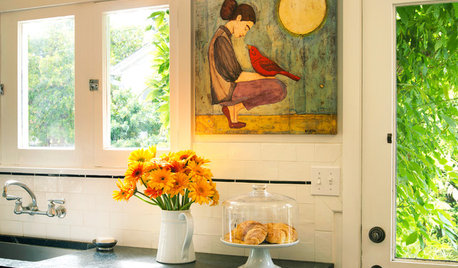
SIMPLE PLEASURESThe Art of Being Neighborly
Learn the heartfelt gestures that go a long way toward creating a welcoming community
Full Story
LIFEThe Polite House: How to Deal With Noisy Neighbors
Before you fly off the handle, stop and think about the situation, and follow these steps to live in harmony
Full Story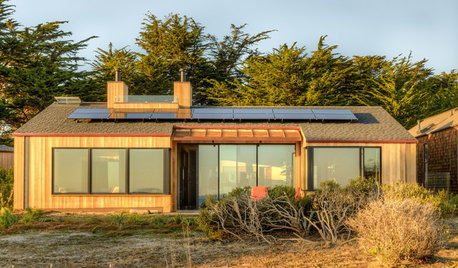
GREEN BUILDINGHouzz Tour: Sea Ranch Gets a New LEED Platinum Neighbor
Oceanfront living goes sustainable in a most stunning way, in a renowned California development
Full Story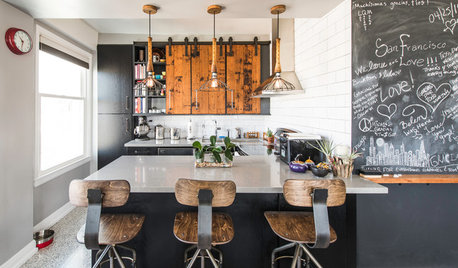
SMALL SPACESNeighboring Studio Becomes a Crash Pad for Guests
Looking for more space, a San Francisco couple snatched up a unit across the hall from their condo. Now guests get their own key
Full Story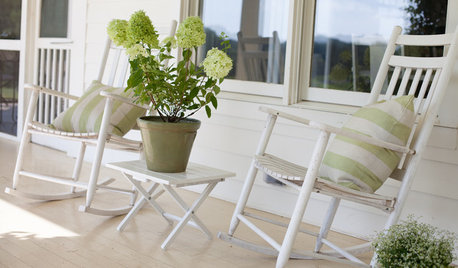
LIFEHow to Get Along With the Neighbors — and Live Happier at Home
Everyone wins when neighbors treat one another with kindness, consideration and respect
Full Story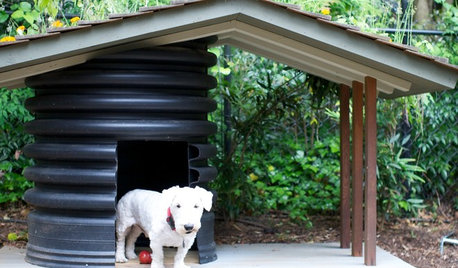
PETSHow to Help Your Dog Be a Good Neighbor
Good fences certainly help, but be sure to introduce your pup to the neighbors and check in from time to time
Full StorySponsored
Industry Leading Interior Designers & Decorators in Franklin County






clayandrocks
sugarhill
sheeplechaseOriginal Author
meldy_nva
aka_peggy
leslies
meldy_nva
JohnnieB
annec
millefiori
millefiori